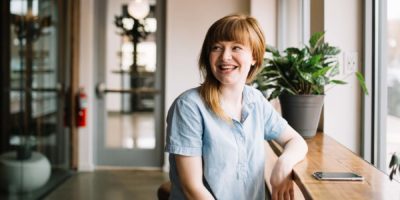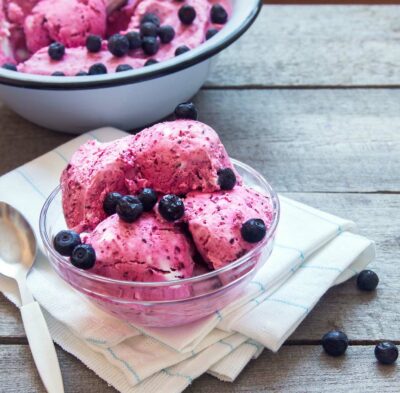Veganism And Disability

Some people take to veganism like a rescued factory-farmed duck to water. For others, it is not so easy. For some disabled people, there are unique barriers and complications that can make the diet challenging at best, and inaccessible at worst.
While we know that a vegan diet is significantly cheaper than a meat-based one, this relies on being able to buy ingredients, and prepare and cook them, which is not always possible with a disability. Relying on quick and simple, or pre-prepared dishes can be a lot more costly, and in many parts of the world, there are few or no such vegan options available. Disability and animal activist Sunaura Taylor notes in her excellent book Beasts of Burden that disability leads to poverty, and poverty leads to disability. The cost of convenience foods can, therefore, be a significant barrier to veganism for low-income, disabled people.
Access is an issue, too. It’s possible that not all the vegan ingredients needed can be found locally, and people with limited mobility may struggle to get to stores further away.
Additionally, there may be dietary requirements that cannot practically be met on a vegan diet, such as an intolerance to plant-based proteins, and some people may rely entirely on someone else cooking for them. In these instances, transitioning to a vegan diet may not be possible. Furthermore, if someone is in pain or exhausted, even considering a change in diet can feel overwhelming.
These and many more issues came up when Lorna McFindlow, a vegan disability blogger at Cream Crackered asked some of her sick and disabled friends about the barriers to going vegan. The responses included:
- “For many recipes there is a lot of prep, so it makes it difficult at times.”
- “My diet is limited by what I have the energy to prepare, eat and tidy.”
- “I have ME and IBS, so it takes immense amounts of energy to cook. And I cook for a family who probably wouldn’t want to go vegan, so it would mean cooking twice.”
- “I have CFS (Chronic Fatigue Syndrome) – I don’t have the money to buy vegan ready meals that I can depend on when I regularly can’t cook or prepare a meal from scratch.”
- “I have MCAS (Mast Cell Activation Syndrome) and Gastroparesis, and so I literally can’t eat 90% of foods.”
- “I have severe allergies to all grains and legumes.”
- “Intense food aversion/nausea/gagging etc. Dairy is my only protein.”
- “Due to sensory issues because of my autism there are fewer foods that I like than dislike, and the worst is vegetables. There are so few veg and pulses, grains etc that I can eat easily. For environmental and animal rights reasons I’ve cut down my meat and animal products but there’s only so far I can do that.”
- “I have a history of anorexia, so cutting out food groups/restricting my diet in any way would be extremely triggering.”
- “Honestly, I have that hard a time just keeping myself alive some days that I don’t have the bandwidth to even consider completely overhauling my diet.”
Ableism and Speciesism
There are many connections between ableism and speciesism—discrimination against disabled people and discrimination against non-human animals. For those interested in this issue, we recommend reading Beasts of Burden, but here Michele Kaplan sums it up beautifully when she writes:
“Just as a disabled person, I don’t exist to be someone’s inspiration nor target of pity, animals do not exist to be our meals and clothing. This may not be the mainstream way of thinking, but as with all forms of oppression, just because someone decided that a particular demographic is inferior, doesn’t make it true, nor does it justify the oppression.”
As a vegan, she recognizes the multiple challenges to becoming vegan, and her advice is for each of us to do what we can. If we can eat less meat, that’s great. If we can switch to plant milks instead of dairy, that’s a very positive action. Given that there is no perfect vegan, and every single one of us is doing what we can in this imperfect world, no one can ask for more.
